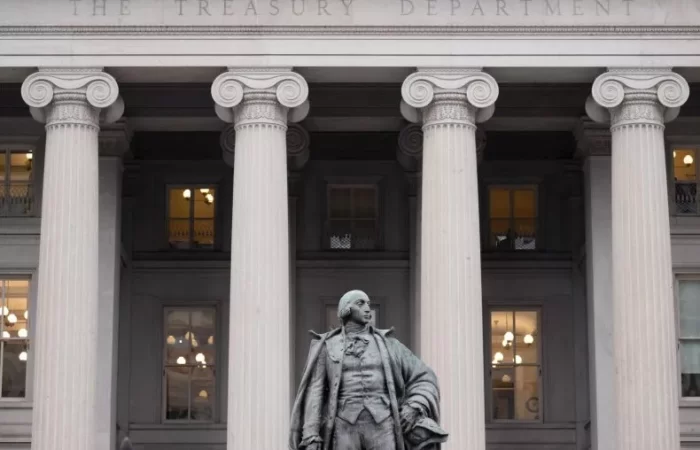
How Authoritarian Police Thrive in Democracy
In early October, young Nigerians took to the streets, clogging roadways in Lagos, calling for the Special Anti-Robbery Squad (SARS), an elite arm of the police, notorious for violence, harassment, corruption, and unlawful arrests, to be disbanded.
The outpouring of anger in Nigeria was set against the backdrop of months of similar protests against police violence all around the world. From demonstrations in May seeking answers over for the death of 14-year-old João Pedro Mattos Pinto in Rio de Janeiro, Brazil; to protests over the summer calling for the end of violent policing and racial discrimination after Breonna Taylor was shot in her Louisville, Kentucky home; the deaths of black men, women, parents, and teens at the hands of police have long sparked calls for justice and reform.
“We’re seeing truly a global outcry over questions of policing,” said Yanilda González, Harvard Kennedy School Assistant Professor of Public Policy, at a recent Ash Center event celebrating the launch of her book Authoritarian Police in Democracy: Contested Security in Latin America. In her book, Gonzalez works to answer the question, how is it that police violence persists in democratic countries?
González sees police violence as a manifestation of what she terms “authoritarian police,” specifically, “those that exercise coercion to serve the interests of the leader, coercion that is not bound by the rule of law, but instead exercised in arbitrary and exceptional ways, not subjected to external accountability.” This use of coercion, benefitting leaders as opposed to regular citizens, is contrary to the fundamental principles of democracy she notes. Yet it has survived decades of transition towards democracy and appears in democratic nations spanning the globe.
González argues in her book that the persistence of authoritarian police can’t simply be chalked up as a legacy of authoritarian governments long since replaced by democracies. Rather, she takes the view “that both the persistence of authoritarian police in democracy and reform efforts to move toward democratic policing are both the result of ordinary democratic politics.”
By carefully studying police forces in Argentina, Brazil, and Colombia, González makes the argument that controlling the levers of coercion is an indispensable tool for political leaders, even those in a democracy. Knowing this, police are often well-positioned to extract concessions from those same leaders, which can in turn, hamstring reform efforts. “It’s a powerful political tool when police cooperate with you, and it’s a considerable political threat when police are able to withdraw their cooperation with you as a politician.”
The control of the use of force is such powerful political leverage that police are often incentivized to advance their political interests, whether or not they align with the aim of protecting citizens. “Similarly, the withdrawal of the use of force as a political threat incentivizes politicians to accommodate police, exchanging cooperation for autonomy and weakening the possibility of external accountability,” says González. “This structural power poses a problem for democracies because it actually favors the persistence of authoritarian police.”
For those advocating for reform, González suggests that progress is possible. “It’s [support for policing] something that is deeply responsive to political question,” she says.
Scandals and viral social media videos can act as critical inciting incidents for public demands around police reform. While they aren’t a guarantee for change, they can begin to build political pressure. “Depending on how the distribution of preferences looks and how political competition looks, politicians will either decide to sustain that status quo of authoritative policing, or they will shift to police reforms that will seek to promote democratic policing,” finds González.
This optimism comes with a note of caution. Reforms can be narrow and are often ineffective at curbing police malpractice when they only consider one small segment of police. “We have to contend with the police’s structural power if any reform is actually going to take hold,” concludes González. “The cases that I study that successfully enacted police reform, i.e., passed reform legislation, they looked at every element of policing, from hiring to promotions, to education, to decentralization, demilitarization, abolishing of certain units, everything was on the table at the time of police reform.”
Watch the Book Talk
Written by Sarah Grucza, Communications Manager











